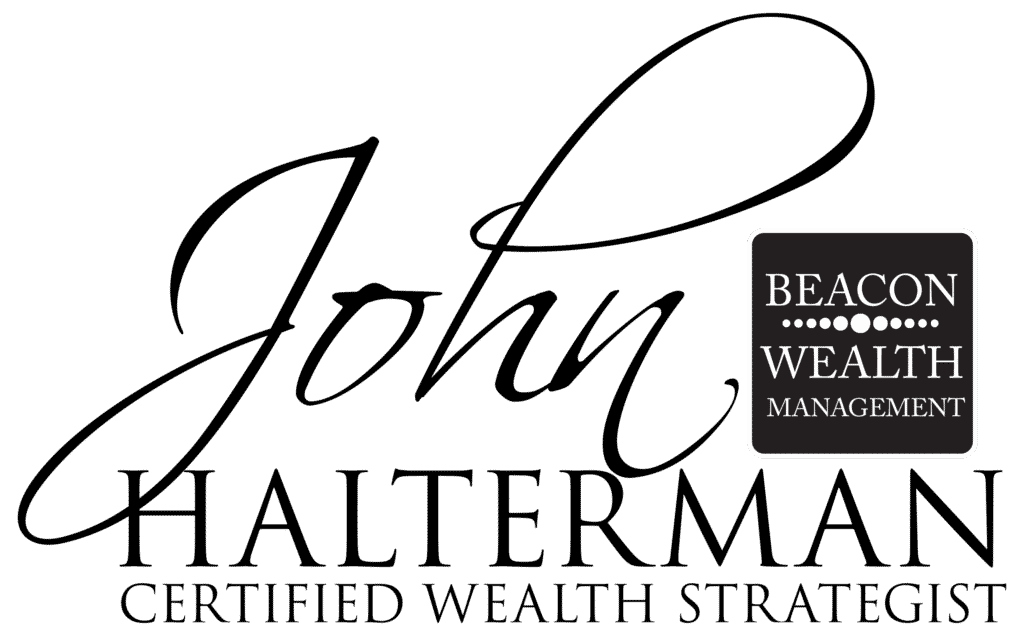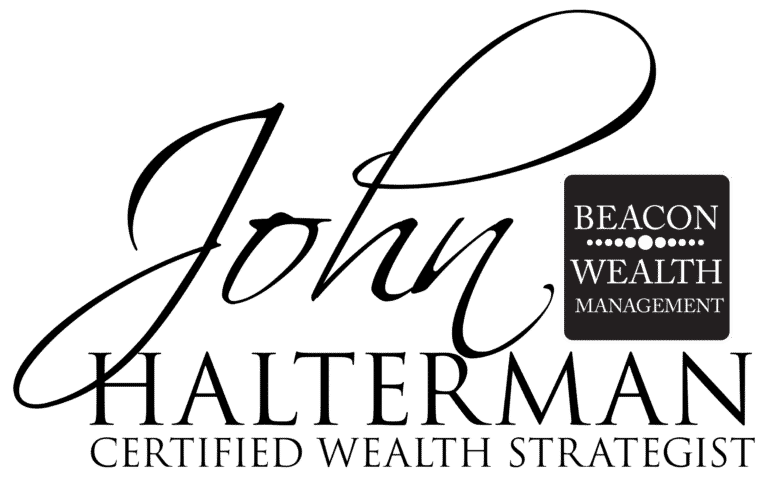By John Halterman A new year is almost upon us. It’s all too easy to mentally jump ahead to 2020 and start making plans for the coming months. But how you finish something is just as important as how you start it. So, amid holiday events, travel, and the busyness of the season, give yourself a leg up on next year’s financial goals by crossing these 5 things off your year-end checklist. 1. Celebrate Victories And Set New Goals Chances are, you set some financial goals for the year when you rung in 2019. Have you checked in on those goals throughout the year, or did they get swept under the rug? Take a look at the past year to mark how far you’ve come and celebrate your progress, no matter how small! Then evaluate your saving and spending from the past year, set some new goals, and adjust your wealth strategy, taking into account any life changes such as marriage, relocation, or a job change. 2. Invest In Your Future If possible, max out your contributions to your 401(k) by the end of the year to make the most of your retirement savings. For 2019, you can contribute as much as $19,000 (or $25,000 if you are age 50 or older). Remember, these are your contribution limits and any employer match would be in addition to this. You might also consider contributing to a Roth IRA. For 2019, you can contribute as much as $6,000 (or $7,000 if you are age 50 or older). Finish the year strong by investing in your future! 3. Take Advantage Of Your Employer Benefits While every employer has different rules that apply to the benefits they offer their employees, many benefits expire or reset at the end of the year. You work hard for these perks, so be sure to use them! Medical And Dental Benefits At the beginning of 2019, did you have good intentions of taking care of some dental work, blood tests, or other medical procedures lingering on your to-do list? Now’s the time to take advantage of all your healthcare needs before your deductible resets. Dental plans in particular often have a maximum coverage amount. If you haven’t used up the full amount and anticipate any treatments, make it a priority to set an appointment before December 31st. Flexible Spending Account Like your health insurance benefits, you’ll want to use up as much of your FSA (flexible spending account) dollars as possible by the end of the year. You are only allowed to carry over $500 to the next plan year. Check the restrictions on your account to see what the money can and cannot be used for, and take care of any needs you may have as allowed by your plan. Sick And Vacation Time Depending on your company, your sick or vacation time might expire at the end of the year. Check with your HR department to learn about any expiration dates. If it does expire, fit in a last-minute vacation or even a staycation. If you need to make any trips to the doctor in the near future, schedule those appointments now to make use of these benefits before you lose them. 4. Make Some Updates To your estate plan and insurance coverage, that is. If you have taken the time and energy to create an estate plan, you’ll want to check in periodically to ensure all the documents are up to date and no major details have changed. Any significant life event is a good time to think about updating your estate plan documents. If you change any of the beneficiaries in one place, such as a life insurance policy, make sure that they are consistent with the other documents so that there is no confusion. Your insurance needs may have changed as the year has gone on, which is why it’s important to regularly review your insurance coverages and your designated beneficiaries to make sure they are up to date and reflect your current financial situation. For example, if you’ve paid off debt and your youngest child has just graduated from college, you may not need as much life insurance coverage since your family’s needs and liabilities have decreased. You might also want to evaluate your need for other types of insurance you may not currently have, such as long-term care insurance. 5. End The Year On A Generous Note If gifting is one of your long-term financial goals, it’s never too early to start planning for the legacy you want to leave your loved ones without sharing a good portion of it with Uncle Sam. Each year you can gift up to $15,000 to as many people as you wish without those gifts counting against your lifetime exemption of $11.4 million. If you’ve yet to gift this year or haven’t reached the $15,000 limit for a particular recipient, make sure you do this by December 31st. If you’re planning to itemize deductions on your 2019 tax return, be sure to make your charitable contributions before the end of the year. This includes donating appreciated securities, which may help you avoid paying taxes on the gains. Along with your other tax documents, find and organize any receipts you have from donations to charities, whether made in cash, as a securities contribution, or other type of gift. Let’s Finish 2019 Strong! Which of these steps do you need to take before the ball drops on New Year’s Eve? At Beacon Wealth Management, we want to help you finish the year off strong and set you up for a successful 2020 and beyond. We are here for you as you evaluate your options and seek answers to your questions. If you’re tired of muddling through important retirement and financial planning issues on your own, call (304) 626-3900 or email me at jhalterman@bwmwv.com to get our help! About John John Halterman, best-selling author and nationally published blogger, has been featured as a financial guest expert on the shows of self-help gurus Brian Tracy and Jack Canfield, author of Chicken Soup for the Soul, and has appeared on ABC, FOX, BRAVO, NBC, CBS, and A&E. John is the expert host of the weekly WDTV News 5 segment “Solutions 4 Financial Independence.” As an authority on wealth management, he has been invited by hundreds of institutions such as universities, federal agencies, professional associations, and large energy and utility corporations to be a guest speaker and educational event host. Event topics include retiring ready, managing down market investment risk, how to reduce your tax burden, and transferring your family wealth in the most tax advantageous way. John is the founder and owner of Beacon Wealth Management, specializing in helping entrepreneurs, professional practitioners, and retirees overcome the 5 major challenges facing successful families. He is a warm communicator with a passion for helping people transform their financial futures. John understands the multifaceted set of financial worries people face as they become more successful and enter the Retirement Red Zone. He empathizes personally with each client and delivers a collaborative client experience that empowers people to reach their life goals. With more than two decades of experience, John’s professional credentials include Certified Wealth Strategist, Accredited Investment Fiduciary, Certified Estate Planner, Chartered Federal Employee Benefits Consultant, Professional Plan Consultant, and Registered Financial Consultant. He is also a past member of Ed Slott’s Master Elite IRA Study Group. A native of Weston, West Virginia, John served in the United States Air Force prior to becoming a wealth advisor. Today, he resides with his family in Clarksburg, West Virginia. He and his wife, Lisa, have been married since 2005 and have three amazing children. A family-oriented man, he enjoys giving back to his community, coaching youth sports, landscaping, architectural design, and playing racquetball.

-
John Halterman
Let’s Have a Conversation
Request Your 15 Minute Discovery Call Today!
Just like you don’t trust just anyone with your savings, we can’t help everyone that wants to work with us. In this call, we’ll make sure we are a good fit for one another.
Check out the background of firms and investment professionals on FINRA’s BrokerCheck.
Securities offered through Cambridge Investment Research, Inc., a broker-dealer, member FINRA/SIPC. Advisory services offered through Cambridge Investment Research Advisors, Inc., a Registered Investment Adviser. Beacon Wealth Management operates independently of Cambridge. This communication is strictly intended for individuals residing in the states of WV, PA, OH, MD, NC, SC, TX, FL, NY, DE, KY, CA and WI. No offers may be made or accepted from any resident outside the specific state(s) referenced.
- 2024 Beacon Wealth Management
- All Rights Reserved


